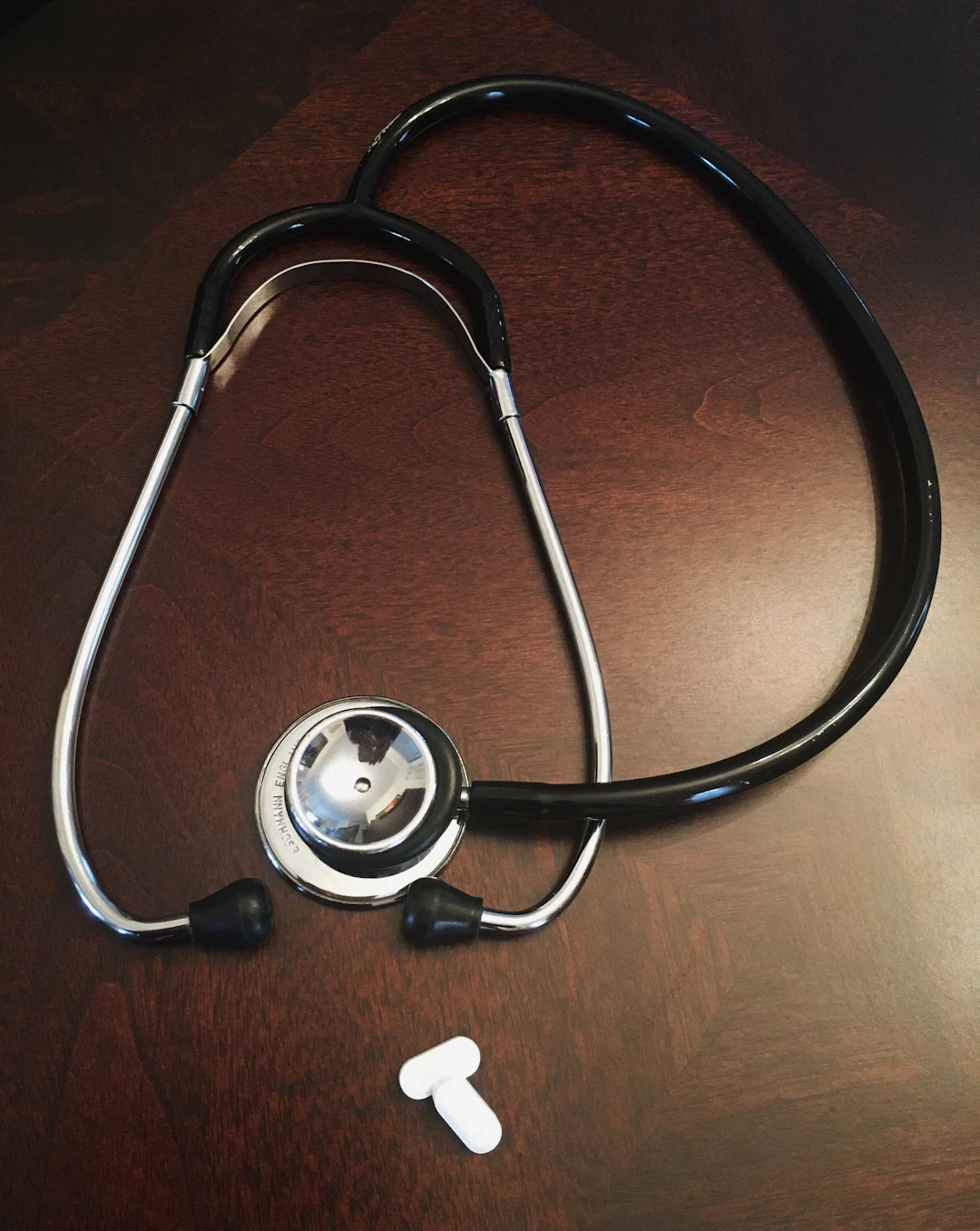
The Lifesaving Benefits of Regular Veterinary Visits for Your Furry Friends
Share
When we welcome a pet into our lives, whether it's a playful puppy or a sassy cat, we take on the responsibility of ensuring their health and well-being. One of the most critical aspects of pet care that often gets overlooked is regular visits to the veterinarian. Just like us, pets require ongoing medical attention to monitor their health, identify potential issues early, and receive preventive care. In this blog post, we’ll explore the importance of regular veterinary visits and how they can lead to a happy and healthy life for your pets.
Understanding the Importance of Regular Veterinary Check-Ups
Regular veterinary visits are crucial for many reasons, including preventive care, early detection of diseases, and maintaining a good quality of life for your pets. Regular check-ups can also foster a strong relationship between your pet and their veterinarian, making handling and treatment easier in future visits. Let’s dive deeper into why routine veterinary appointments should be an essential part of your pet care routine.
Preventive Care: Keeping Your Pets Healthy
One of the main reasons to take your pet for regular veterinary visits is preventive care. Veterinarians provide vaccinations that protect pets from a variety of harmful diseases. For example, a simple vaccination can prevent serious illnesses like rabies or distemper in dogs, or feline leukemia in cats.
In addition to vaccinations, veterinarians can advise you on routine health screenings, parasite control, and dental care. By seeking preventive care, you can avoid more costly treatments and ensure that your pets are healthy and thriving.
Identifying Health Issues Early
Unfortunately, pets cannot communicate their discomfort or health issues as we can. Therefore, regular veterinary visits allow for the early detection of health problems that may not be visible to the naked eye.
During a check-up, your veterinarian will perform a thorough examination that includes:
- Checking weight and body condition
- Examining the eyes, ears, and mouth
- Listening to the heart and lungs
- Palpating the abdomen for any abnormalities
Regular exams provide opportunities for early detection of conditions such as arthritis, dental disease, or even cancer. Identifying these issues swiftly can significantly improve the prognosis and quality of life for your furry friend.
The Role of Nutrition in Pet Health
Diet plays a significant role in the health of your pets. During veterinary visits, your vet can provide recommendations regarding the best nutrition for your pet's specific needs, taking into account their age, breed, and lifestyle.
An appropriate diet can help maintain a healthy weight, support the immune system, and promote overall health. Your vet may even suggest specific products, such as high-quality cat food or dog treats, to ensure your pets get the nutrients they need.
Behavioral Insights
Regular visits also provide an opportunity to discuss behavioral changes or concerns with your veterinarian. Sudden changes in behavior can often signal underlying health issues. For example, if your usually playful cat is suddenly lethargic or irritable, it could be an indicator of a health problem that requires attention.
Veterinarians can offer behavioral insights and training advice that can help correct unwanted behaviors while promoting mental enrichment and a joyful lifestyle. Engaging your pet mentally and socially can lead to improved well-being and a happier life.
The Importance of Spaying and Neutering
Another significant topic to discuss during veterinary visits is spaying or neutering your pets. These procedures have several health benefits, such as reducing the risk of certain types of cancer and eliminating the risk of unwanted litters, which contributes to pet overpopulation.
Spaying and neutering can also alleviate behavioral issues associated with mating instincts, such as aggression and the desire to roam. Your veterinarian will provide valuable guidance on the appropriate timing and considerations for spaying or neutering your cat or dog.
Regular Teeth Cleaning: A Key to Longevity
Oral health is crucial for your pet's overall wellness. Dental disease is common among pets and can lead to more severe health problems if left untreated. Regular veterinary visits provide an opportunity for professional teeth cleaning and dental examinations.
During these visits, your vet will assess your pet's oral health and suggest at-home dental hygiene practices, such as brushing their teeth or providing dental treats that can help keep your pet's mouth healthy. It's never too late to start a dental care regimen to ensure your pet’s long-term health.
Staying Informed About Pet Care
Your veterinarian is an excellent resource for information on pet care practices, trends, and products. With the ever-evolving landscape of pet food, toys, and healthcare products, staying informed can be a bit overwhelming. Regular visits provide a chance to discuss recent advances in veterinary medicine, emerging health concerns in your pet's breed, and recommendations tailored explicitly to your furry friend.
For instance, if your pet is wearing one of those adorable Cute Otter T-Shirts from Pet Pride Tees, your vet can also provide advice on how to prevent overheating during warm weather or tips for selecting the right clothing for your pet’s specific needs.
The Emotional Bond: Your Vet as a Partner in Care
Veterinarians not only care about the physical health of your pets but also understand the emotional connection and bond that you share with your furry family members. During regular visits, your vet can assess the bond you have with your pet and suggest ways to strengthen your relationship.
Training tips, socialization advice, and even behavioral support are part of building that connection. A solid relationship with your veterinarian can lead to better health outcomes for your pets and provide reassurance for you as a responsible pet owner.
Building a Routine: Making Vet Visits Easier
Establishing a routine for veterinary visits can alleviate stress for both you and your pet. Here are some tips to make the process smoother:
- Schedule regular appointments annually or semi-annually, depending on your pet's age and health status.
- Prepare your pet for the visit by familiarizing them with the carrier or car ride.
- Take notes on any health changes, behaviors, or questions to discuss with your veterinarian.
- Reward your pet after the visit to create positive associations with the experience.
By creating a routine, you can foster a stress-free environment that contributes to the overall well-being of your furry friend.
Your Responsibility as a Pet Owner
As a pet owner, you hold a crucial role in the health and happiness of your pets. Committing to regular veterinary visits is a fundamental component of responsible pet ownership. It is not just about seeking treatment for illnesses when they occur, but about prioritizing preventive care and early detection strategies to maintain your pets' quality of life.
Don't shy away from asking questions—be proactive in learning about your pet’s needs and stay involved in their care. Your dedication to their health will be rewarded with many years of happy companionship.
A Happy Life Awaits Your Furry Friends
In summary, regular veterinary visits are essential for the health and well-being of your pets. Through preventive care, early disease detection, and ongoing health advice, these appointments are a cornerstone of responsible pet ownership. As you continue to dress your beloved cats in their favorite Cute Otter T-Shirts, remember that maintaining their health is an essential aspect of ensuring their long-term happiness and quality of life. Take that proactive step today—schedule a visit with your veterinarian and be the hero your pets believe you to be!

